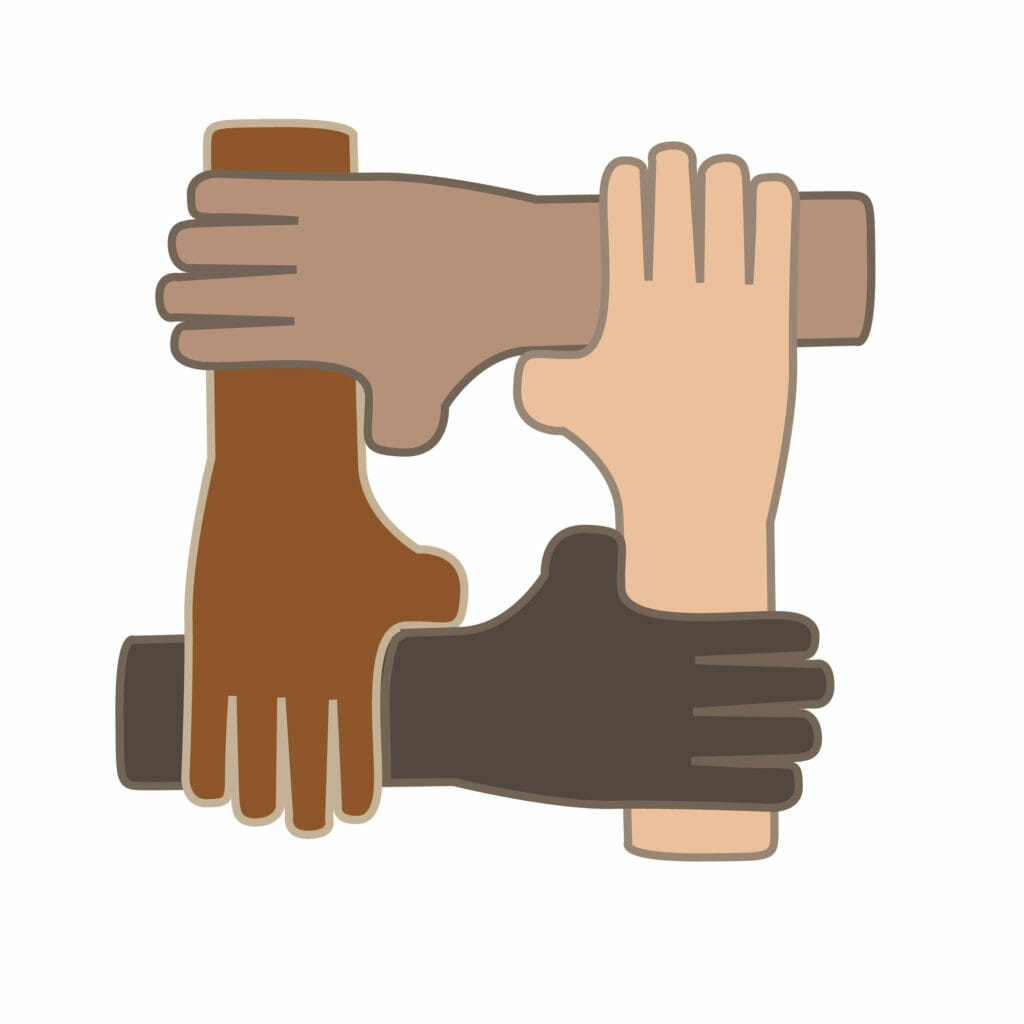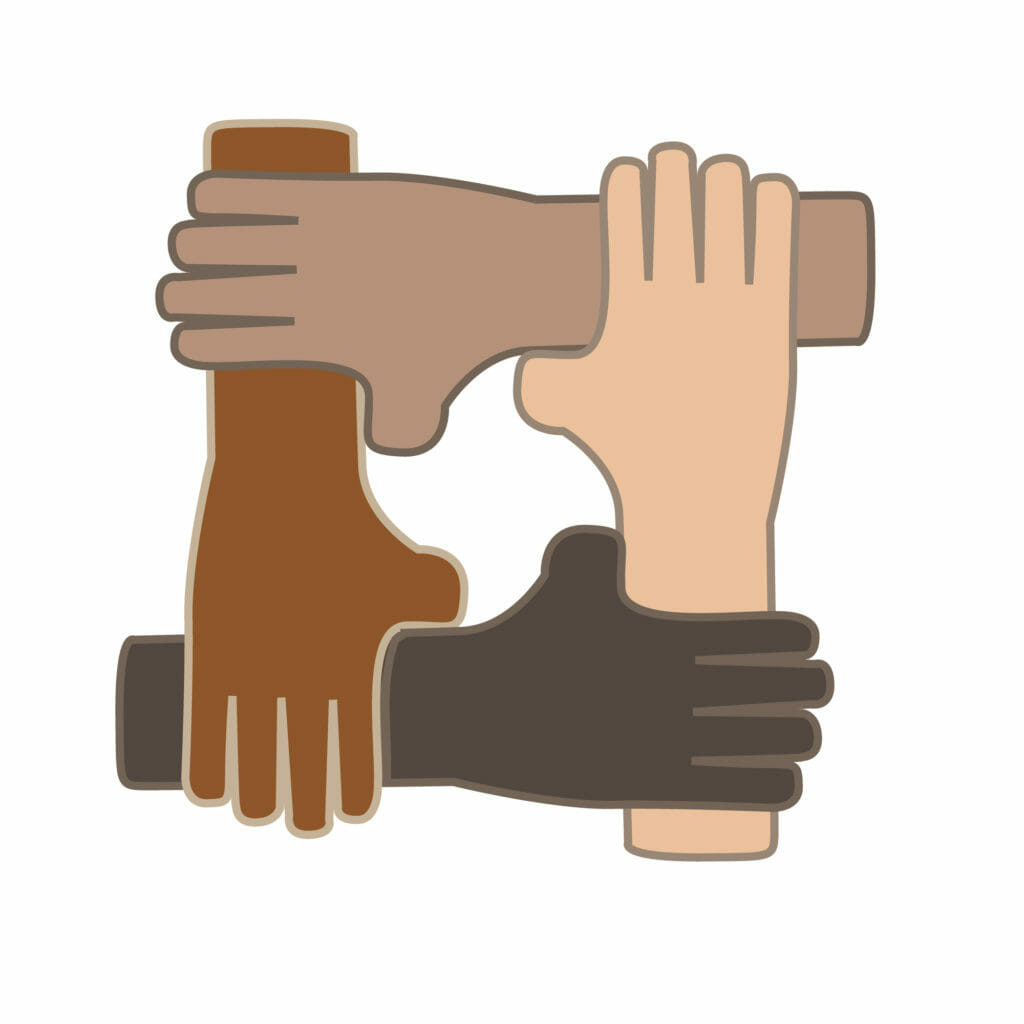
This summer, I wrote about a Title III lawsuit that was filed against cannabis company NC3 Systems dba Caliva. As a quick refresher, Title III of the Americans with Disabilities Act (“ADA”) requires all businesses to remove any obstacle that interferes with a disabled person’s ability to access their products or services online.
The plaintiff had filed a complaint alleging Caliva’s website denied him full and equal access to Caliva’s facilities, goods, and services. The plaintiff ultimately brought causes of action under Title III and California’s Unruh Civil Rights Act (“UCRA”), which is slightly different and deserves it own primer because it unfortunately opens the door for plaintiff to recover statutory penalties as well. Here goes:
Like Title III, the UCRA guarantees every person in California “full and equal” access to “all business establishments of every kind whatsoever” and imposes a duty on business establishments to serve all persons without arbitrary discrimination. Like the ADA, a “business establishment” is defined to include nonphysical places internet websites.
The statute provides standing on “any person aggrieved” by conduct that violates the UCRA. This is a narrower definition than is provided by Title III – a private plaintiff can sue only if he or she is an actual victim of the discriminatory act. Most relevant for our clients today, a person who visits a company’s website with intent to use its services, but encounters terms and conditions which allegedly deny that full and equal access, has standing. There’s no requirement that the person also perform some kind of transaction or enter into an agreement.
In contrast, the scope of who is potentially liable under the UCRA is quite wide. Liability under the UCRA extends to whoever is responsible for the discrimination. Of course, the business itself is usually named as a defendant. But, liability can also extend to employees or even independent contractors if the facts are right.
And as I mentioned above, the biggest practical different between Title III and the UCRA is the prescribed statutory penalty in addition to the other relief provided:
- Statutory penalty: a plaintiff is also entitled to recover statutory damages of at least $4,000 and up to three times actual damages per violation – even if no actual damages are suffered or proved. Again, the plaintiff must show the violation denied him or her “full and equal access to the place of public accommodation on a particular occasion,” meaning, he or she was denied access by encountering the violation or being deterred by the violation.
- Injunctive relief: The UCRA authorizes injunctive relief, including permanent injunctions, preliminary injunctions and restraining orders.
- Compensatory damages: a plaintiff may recover their actual damages.
- Attorneys’ fees and costs.
As for the lawsuit, it looks like the plaintiff and Caliva reached a settlement quickly, no doubt in part because litigating these types of cases is costly and the inclusion of the UCRA claims creates a steeper damages calculus. The case ended up being dismissed just over two months after being filed, but we should expect to see a steady stream of these lawsuits going into the new year as businesses continue to expand their online presence.
The post A Primer on California’s Unruh Civil Rights Act (UCRA) appeared first on Harris Bricken.



